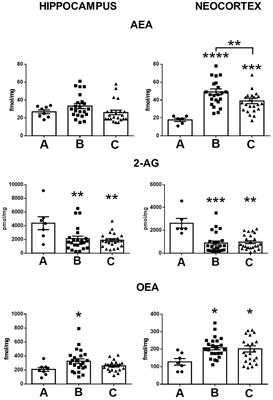EDITORIAL
Published on 11 Nov 2021
Editorial: Challenges and Conundrums in Cannabinoid-Based Treatments for Epilepsy Syndromes and Associated Neurobehavioral Comorbidities

doi 10.3389/fnbeh.2021.781852
- 3,356 views
- 2 citations
16k
Total downloads
76k
Total views and downloads
EDITORIAL
Published on 11 Nov 2021

ORIGINAL RESEARCH
Published on 24 Mar 2021
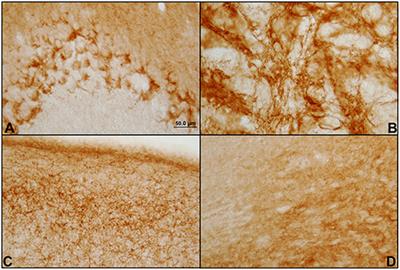
ORIGINAL RESEARCH
Published on 23 Feb 2021
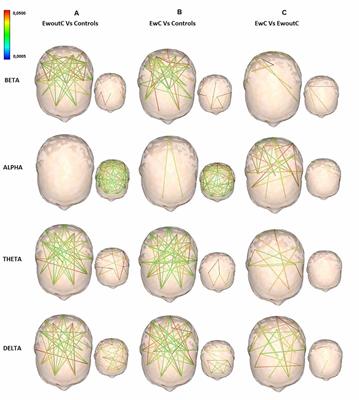
REVIEW
Published on 11 Feb 2021
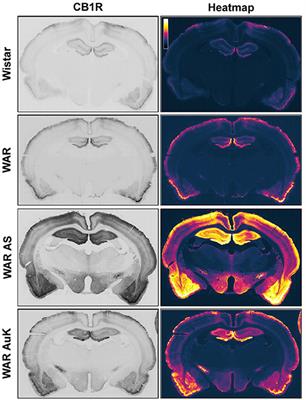
ORIGINAL RESEARCH
Published on 22 Jan 2021

ORIGINAL RESEARCH
Published on 20 Jan 2021
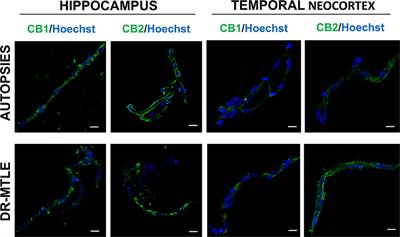
REVIEW
Published on 12 Jan 2021
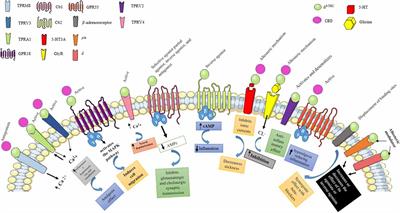
ORIGINAL RESEARCH
Published on 21 Dec 2020
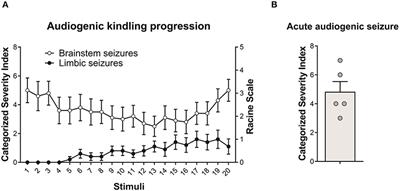
ORIGINAL RESEARCH
Published on 15 Dec 2020
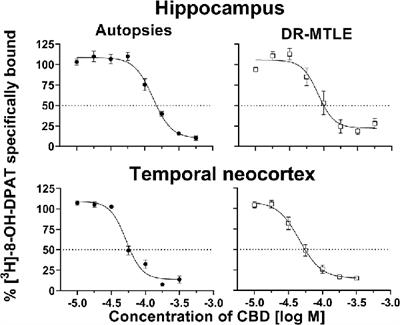
BRIEF RESEARCH REPORT
Published on 17 Nov 2020
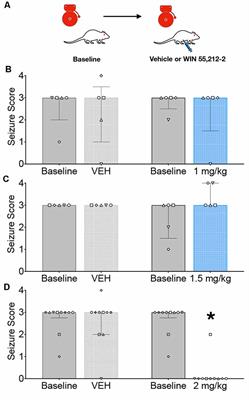
REVIEW
Published on 13 Nov 2020
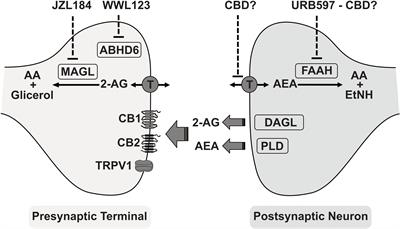
ORIGINAL RESEARCH
Published on 06 May 2020
